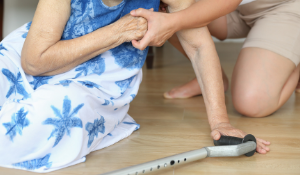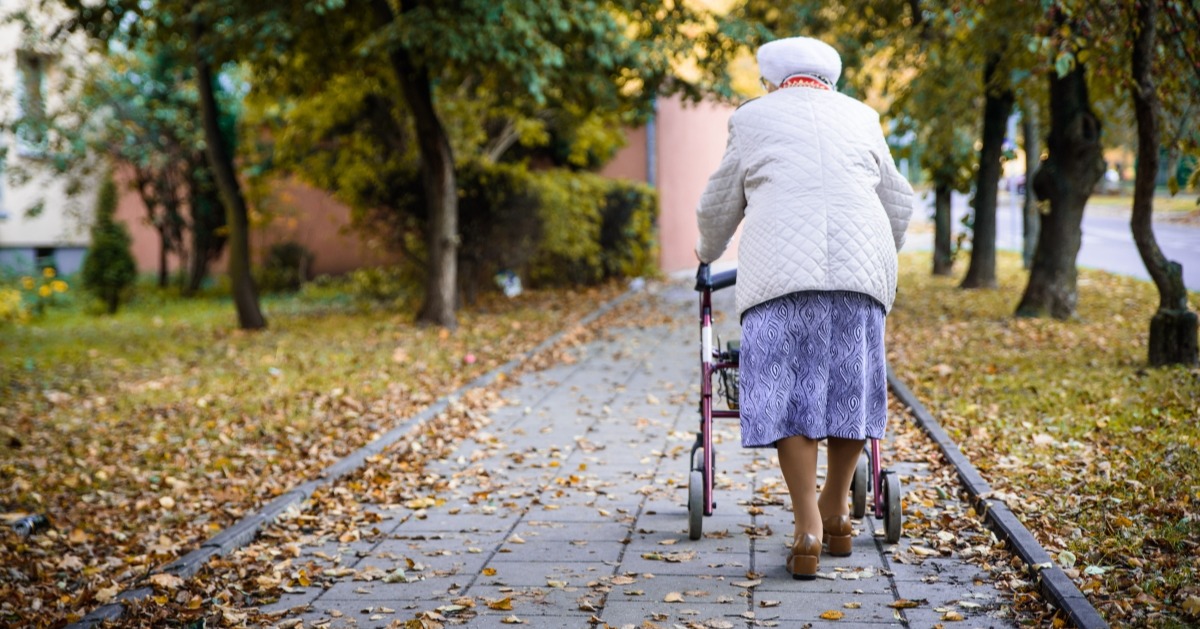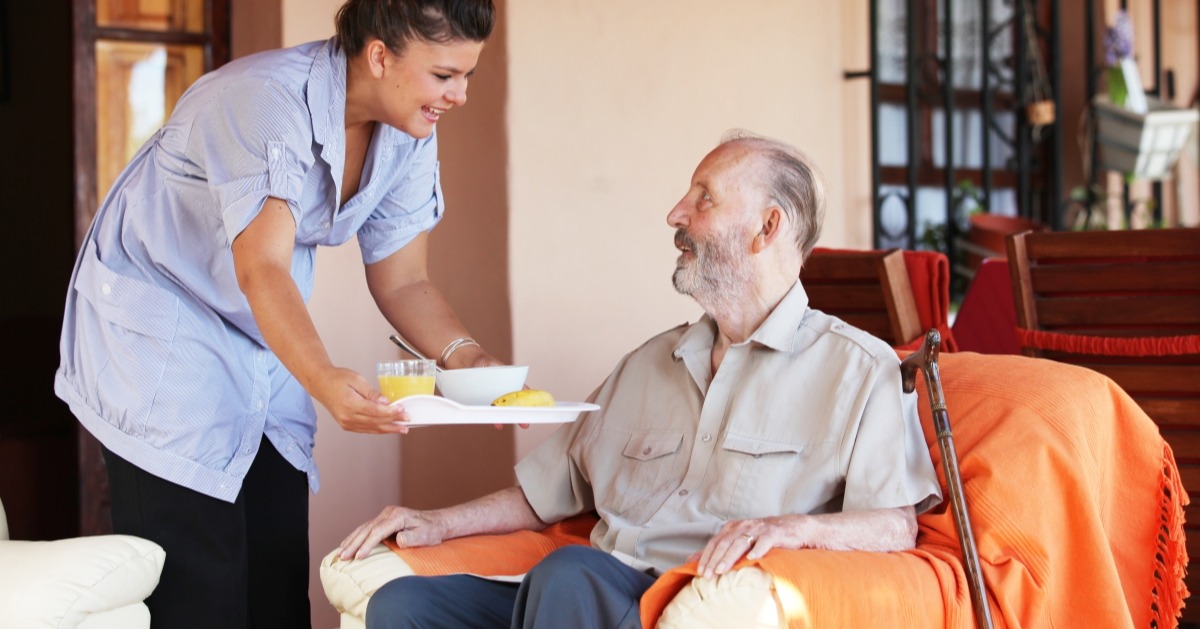Falls Prevention: Why are Older People More Prone to Falls and How Can We Help?
On the 12th July, we will be running our popular Preventing Falls in Older People online training course.
The cost of falls to the NHS is estimated at £2 billion annually, with 30% of people aged over 65, and 50% of people aged 80 and over, likely to fall at least once a year. It is important that we acknowledge risk factors affecting older people’s increased risk of falling, before we understand how we can lessen the chances of them falling.
5 Reasons Why Older People Are More Prone to Falls:
1. Poor Strength and Balance
As we get older, our muscles weaken, sometimes causing pain as well as a higher risk to falling. Although we can’t prevent getting older, there is a way to strengthen muscles, and it’s quite simple – being active. The official NHS exercise webpage recommends taking part in physical activity which improves strength, balance ,and flexibility at least two days a week. Whether this is lifting weights or gardening, this could help make older people feel more confident on their feet and reduce their chances of falling.
2. Impaired Vision
Approximately 30% of over 65 year old's have some form of visual impairment. Poor vision increases the risk of older people falling since it can reduce contrast sensitivity and depth perception. Whilst a new pair of glasses or contacts is usually the solution to most reduced-vision problems, this may in fact increase the risk of an older person falling as it may take time to adjust to these changes. However, there are positive changes that can be made in older people’s settings which brings us to the next point.
3. Environmental Hazards
Once falling over has become a concern for an older person, their surroundings may need to be adjusted to ensure they are not at further risk. For example; rooms, hallways, and staircases at home may require improved lighting. The NHS recommend the use of non-slip mats, rugs, and carpets around the home as well as removing clutter in walkways. Age UK has some useful advice on simple adaptations to prevent falls in the home.
4. Certain Medications
Patients with dementia are twice as likely to experience a fall and are more likely to be hospitalised following a fall. The medication they may be prescribed could contribute to this. Drugs such as donepezil can cause dizziness and drowsiness, resulting in a reduced lack of awareness. Whilst this is a complex situation, measures have been put in place to reflect the significant changes to the way in which health services deliver care to patients in England (read more about this here). For example, pharmacists are to discuss medication instructions and side effects upon dispensing to older people or their carer. Knowing there is a chance of reduced overall ability after taking a certain medication should prevent any strenuous movement, thus, preventing falls.
5. Impact of Covid-19
Covid-19 has also played a part in the increase in falls among older people. Since the beginning of the pandemic, older people have been confined and isolated to their homes. Naturally, not partaking in any outdoor activity takes its toll on the body, causing muscles to weaken and increasing the likelihood of falling. In the height of the pandemic, the average duration of strength and balance activity dropped from 126 to 77 minutes per week in March to May 2020 compared to 2019.
You can find out more about how Covid-19 has influenced the number, type, and severity of falls in another of our blog pieces here: Falls Prevention with Professor Cameron Swift, King's College London.
How Can We Work to Minimise Falls?
Furthermore, to help prevent falls in older people, it is essential that those who work in this space understand and implement the latest NICE guidelines and related national guidance –our online training course ensures attendees are up to date with any changes.




